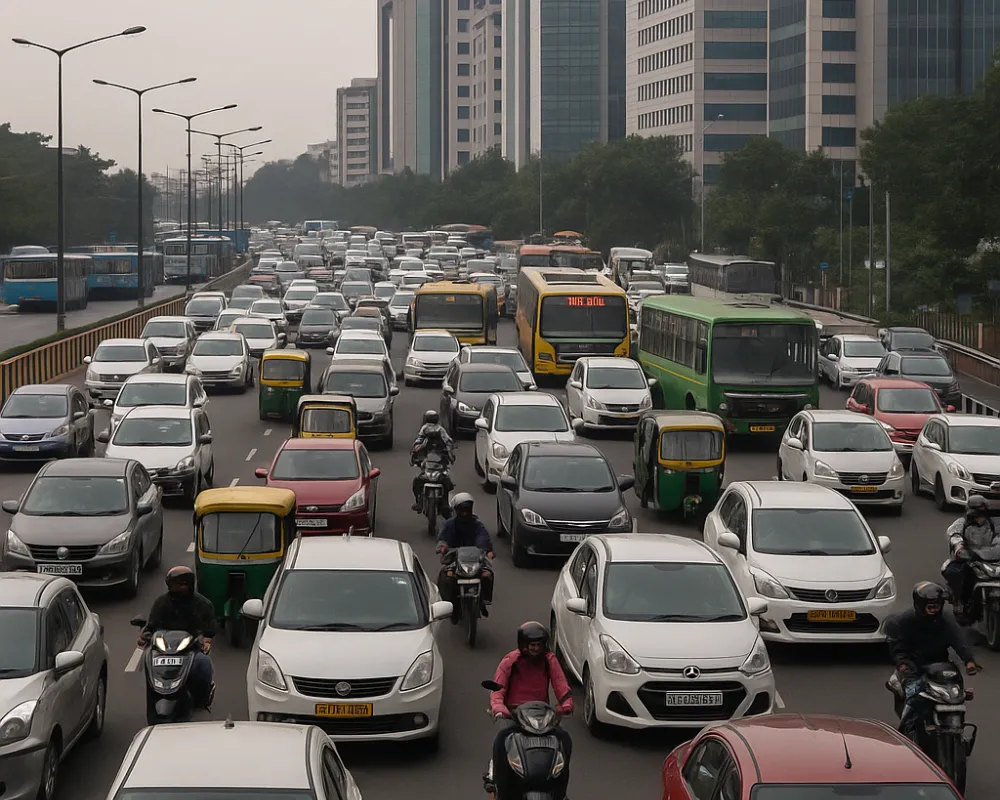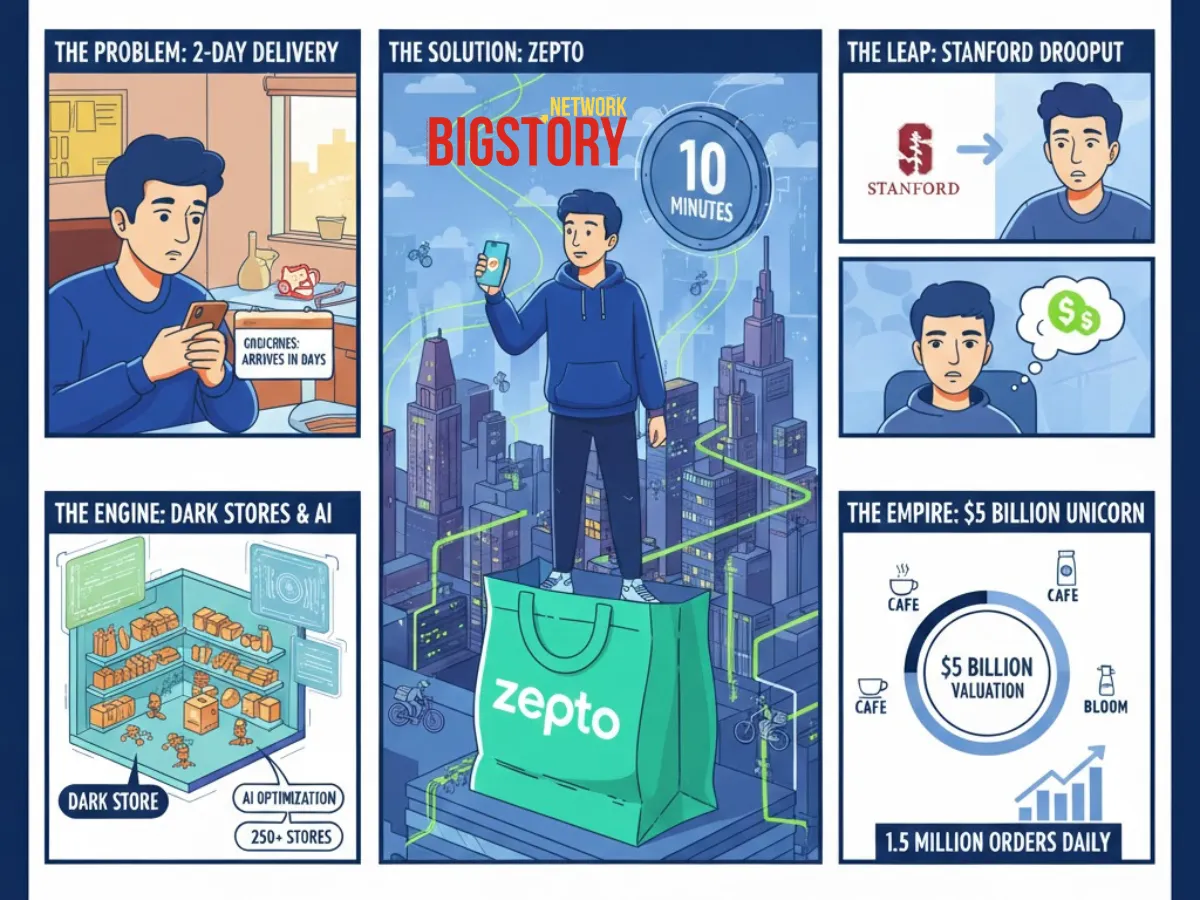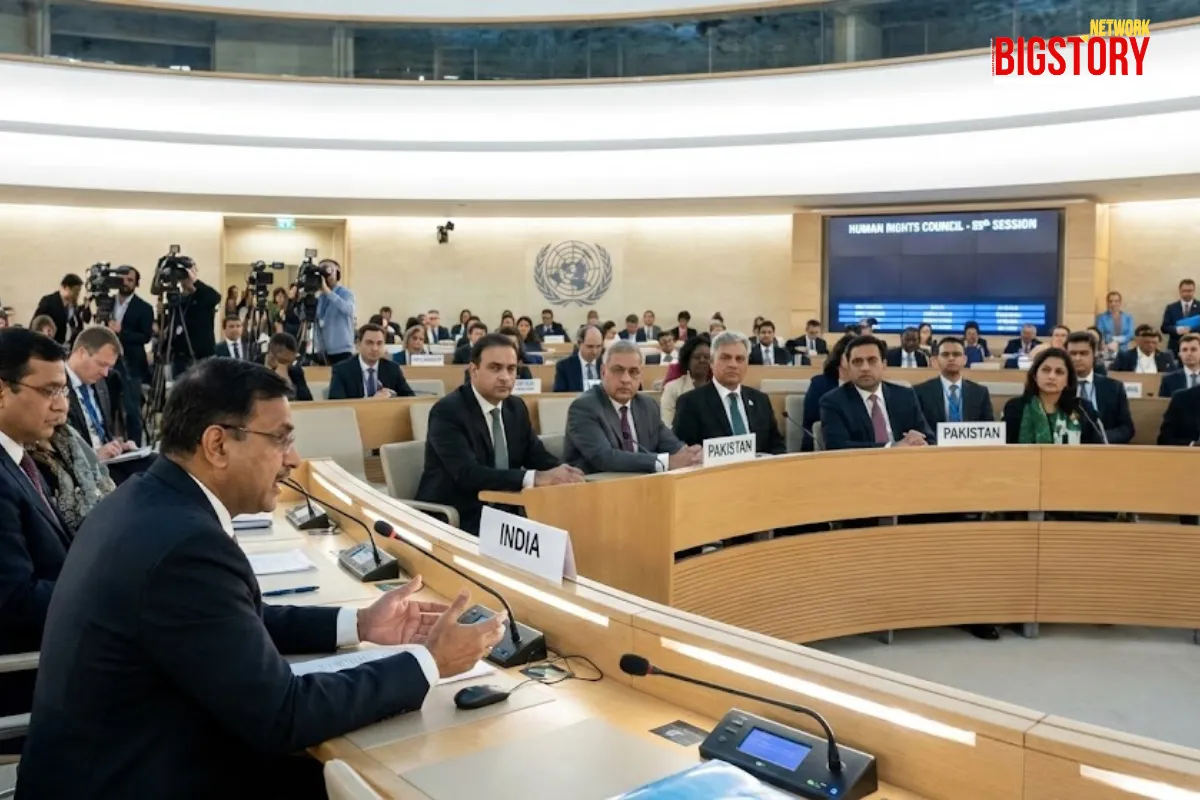Azim Premji declines CM Siddaramaiah’s request to open Wipro’s Sarjapur SEZ campus for traffic relief, citing legal and compliance challenges.
 Brajesh Mishra
Brajesh Mishra

Bengaluru – Wipro founder-chairman Azim Premji has formally declined Karnataka Chief Minister Siddaramaiah’s proposal to allow public vehicular access through the company’s Sarjapur campus, citing legal, governance, and security issues linked to its Special Economic Zone (SEZ) status.
On September 19, 2025, CM Siddaramaiah wrote to Wipro requesting limited vehicular movement through the Sarjapur campus, after traffic studies suggested it could reduce congestion at the notorious Iblur Junction by nearly 30–38% during peak hours.
In his response dated September 24, Premji rejected the proposal, stressing that the campus is an exclusive private property within an SEZ, bound by “stringent, non-negotiable access control norms” due to global service obligations.
“We apprehend significant legal, governance, and statutory challenges since it is an exclusive private property owned by a listed company not intended for public thoroughfare,” Premji wrote.
While turning down the request, Premji offered to finance a scientific, independent study on Bengaluru’s traffic crisis led by global urban transport experts.
The Outer Ring Road (ORR), especially the Iblur Junction stretch, remains one of Bengaluru’s most congested corridors. It is home to several multinational companies and contributes significantly to India’s $200 billion IT export economy. Daily commuters face long delays that hamper productivity and worsen the city’s already strained infrastructure.
The government had hoped that Wipro’s internal road, linking Sarjapur Road and ORR, could provide much-needed relief. However, Wipro maintained that such access would only offer short-term benefits and complicate corporate governance for a listed company operating under SEZ rules.
The decision drew mixed reactions. Many commuters expressed frustration online, while others sympathized with Wipro’s regulatory limitations. Analysts observed that the move sets a precedent for how private companies respond to public infrastructure demands, especially in IT hubs where corporate campuses overlap with urban transport corridors.
Wipro has designated senior executive Reshmi Shankar to work with the Karnataka government on exploring alternative solutions.
This standoff underscores a deeper challenge: Bengaluru’s rapid economic growth has far outpaced its infrastructure planning. The ORR, which powers India’s IT exports, is increasingly strained, raising concerns over the city’s global competitiveness in attracting investments and talent.
The clash between corporate governance requirements and public infrastructure needs also highlights potential gaps in India’s SEZ regulatory framework, which may require policy-level interventions to prevent similar deadlocks in the future.






Sign up for the Daily newsletter to get your biggest stories, handpicked for you each day.
 Trending Now! in last 24hrs
Trending Now! in last 24hrs



